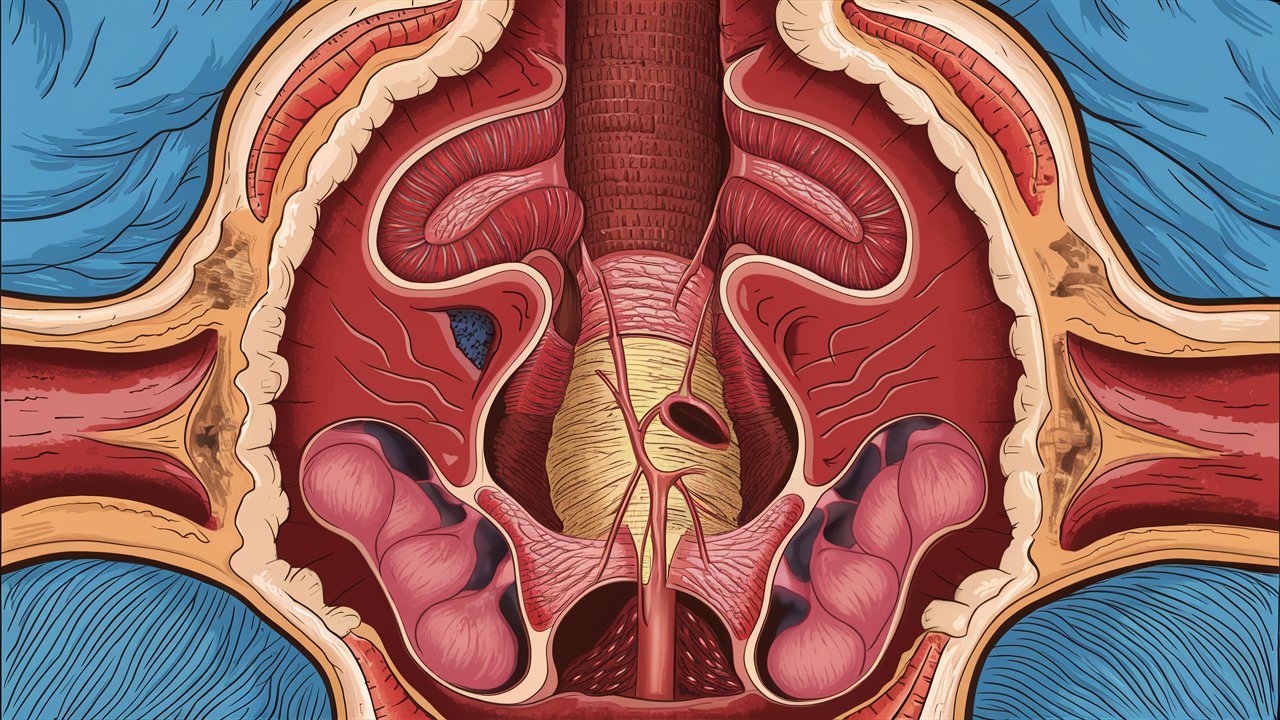
Anti-amnestic drugs are a fascinating topic, especially for those interested in memory and cognitive health. These medications aim to prevent or reverse memory loss, often associated with conditions like Alzheimer's disease. But what exactly are these drugs, and how do they work? In this blog post, we'll explore ten intriguing facts about anti-amnestic drugs, shedding light on their mechanisms, benefits, and potential side effects. Whether you're a student, a caregiver, or just curious, you'll find valuable information that could change how you think about memory and brain health. Ready to dive in? Let's get started!
What is Anti-Amnestic?
Anti-amnestic refers to substances or treatments that prevent or reduce amnesia, which is the loss of memory. These can be medications, therapies, or even lifestyle changes aimed at improving memory retention and cognitive function.
-
Anti-amnestic drugs are often used in treating Alzheimer's disease. These medications help slow down memory loss and cognitive decline in patients suffering from this neurodegenerative disorder.
-
Some natural supplements have anti-amnestic properties. Ginkgo biloba and omega-3 fatty acids are known to support brain health and improve memory.
-
Physical exercise can have anti-amnestic effects. Regular physical activity increases blood flow to the brain, which can help maintain cognitive function and memory.
How Do Anti-Amnestic Substances Work?
Understanding the mechanisms behind anti-amnestic substances can help us appreciate their importance in medical science. These substances work in various ways to protect and enhance memory.
-
They often increase neurotransmitter levels. Many anti-amnestic drugs boost levels of acetylcholine, a neurotransmitter crucial for learning and memory.
-
Some protect neurons from damage. Antioxidants in certain anti-amnestic substances help protect brain cells from oxidative stress and damage.
-
They can enhance synaptic plasticity. Synaptic plasticity is the ability of synapses to strengthen or weaken over time, which is essential for learning and memory. Anti-amnestic substances can enhance this process.
Common Anti-Amnestic Medications
Several medications are commonly prescribed to help with memory loss and cognitive decline. These drugs are often used in clinical settings to treat various forms of dementia and other memory-related conditions.
-
Donepezil is a widely used anti-amnestic drug. It is commonly prescribed for Alzheimer's disease and works by increasing acetylcholine levels in the brain.
-
Memantine helps protect brain cells. This medication is used to treat moderate to severe Alzheimer's disease by regulating glutamate, a neurotransmitter that can cause neuron damage when present in excess.
Lifestyle Changes with Anti-Amnestic Benefits
In addition to medications and supplements, certain lifestyle changes can have significant anti-amnestic effects. These changes can help maintain cognitive function and prevent memory loss.
-
A healthy diet supports brain health. Diets rich in fruits, vegetables, whole grains, and lean proteins provide essential nutrients that support cognitive function.
-
Mental exercises can improve memory. Activities like puzzles, reading, and learning new skills can help keep the brain active and improve memory retention.
The Final Word on Anti-Amnestic Agents
Anti-amnestic agents are fascinating. These substances help combat memory loss, offering hope to those with conditions like Alzheimer's. They work by enhancing neurotransmitter activity, protecting brain cells, and improving overall cognitive function. Some common agents include Donepezil, Rivastigmine, and Galantamine. While these medications can be beneficial, they come with potential side effects, so medical supervision is crucial.
Research continues to evolve, promising even more effective treatments in the future. Understanding these agents can empower individuals and caregivers to make informed decisions about memory care. Staying updated on the latest developments is key to navigating this complex field.
In short, anti-amnestic agents offer a beacon of hope in the fight against memory loss. With ongoing research and advancements, the future looks brighter for those affected by cognitive decline.
Was this page helpful?
Our commitment to delivering trustworthy and engaging content is at the heart of what we do. Each fact on our site is contributed by real users like you, bringing a wealth of diverse insights and information. To ensure the highest standards of accuracy and reliability, our dedicated editors meticulously review each submission. This process guarantees that the facts we share are not only fascinating but also credible. Trust in our commitment to quality and authenticity as you explore and learn with us.


